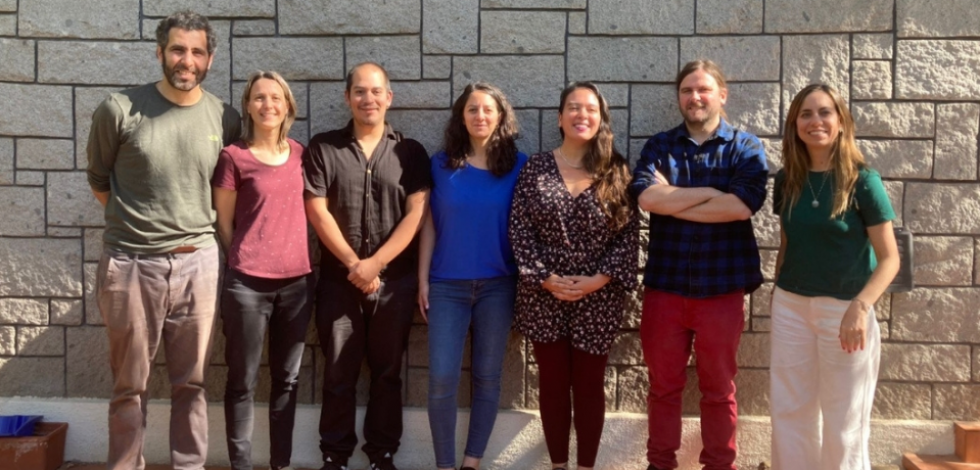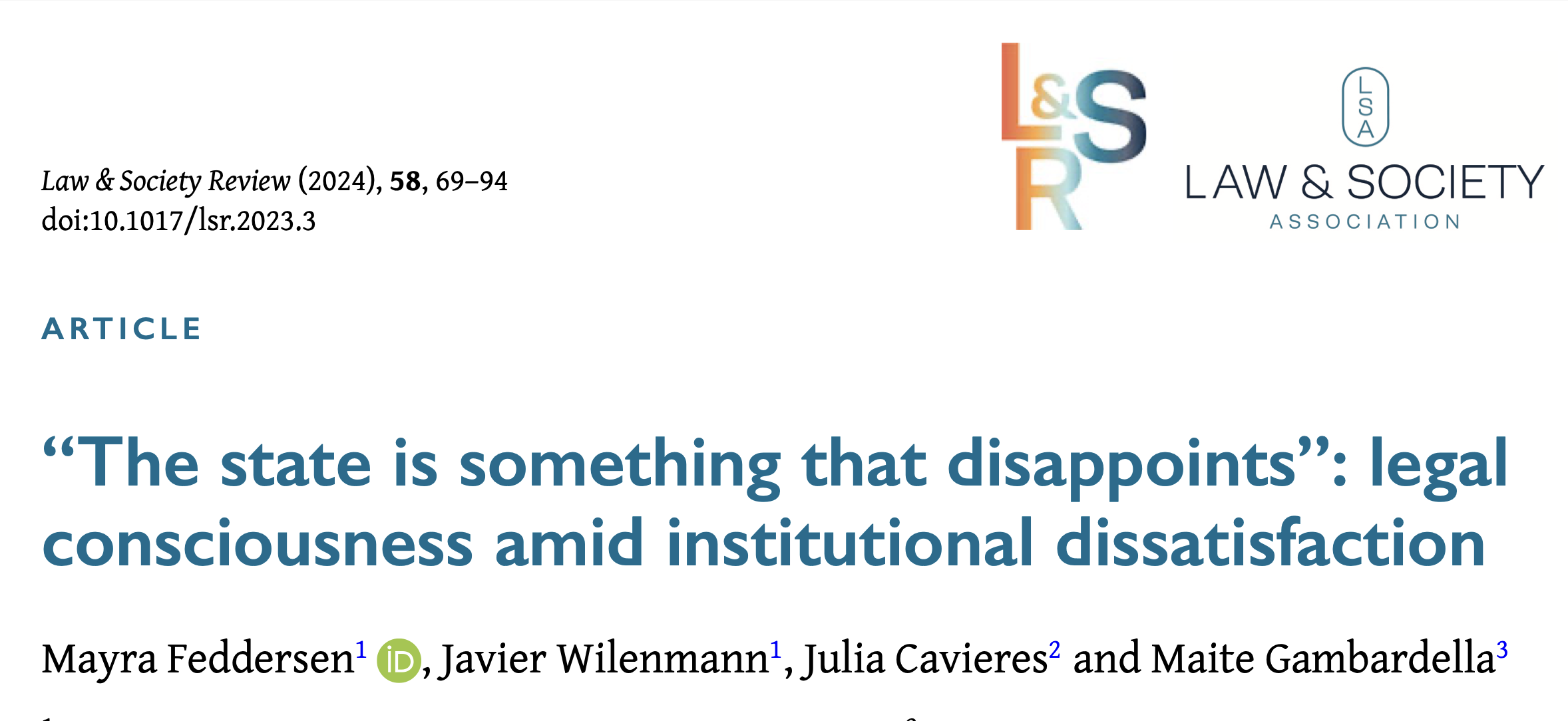Research project on the migratory wave in Chile: a multidisciplinary approach

According to data from the National Institute of Statistics (INE) during 2021 the migrant population in Chile had an increase of 1.5% compared to 2020, reaching 1,482,390 inhabitants. At the same time, in the last time our country, especially in the northern zone, has registered an increase in the irregular entry of foreigners, which has been described as a migratory crisis. On the other hand, in April 2021, the new Migration and Foreigners Law was enacted, which establishes the duties and obligations of migrants arriving in Chile for a safe, regular and responsible migration.
In this scenario and with the aim of studying and understanding the consequences of the recent wave of migration in Chile, MIGRA arises, a research project that was awarded funds from the National Agency for Research and Development (ANID) in the last Millennium Nuclei Competition in Social Sciences 2022 and in which professors Mayra Feddersen from the UAI School of Law and Alejandra Abufhele from the UAI School of Government participate as principal investigators. The main institution of the initiative is the University of Chile and its director is Raimundo Undurraga, economist and professor at that university.
For Undurraga, this is an unprecedented project that will contribute to understanding the consequences of the recent migratory wave in Chile. And its goal, he adds, “is to examine the consequences of immigration on the welfare of locals and immigrants, and the frictions that migrants face in integrating into national institutions”.
Precisely for this purpose, they will work in a multidisciplinary team made up of academics from different Chilean universities. “The main innovation of MIGRA is that it examines, from multiple disciplines and areas: labor, health, education and public security, the possible gaps between reality and perceptions. One challenge is, therefore, to have an interdisciplinary dialogue and to effectively identify what are the decouplings that occur in reality. Another challenge of this project is to generate evidence that can be used to improve the integration practices of migrants into Chilean society,” says Mayra Feddersen, lawyer and PhD in Jurisprudence and Social Programs.
Alejandra Abufhele, economist and PhD in Demography, professor at the UAI; Andrea Alvarado, sociologist and PhD in Sociology, academic at the Universidad de Tarapacá; Olaya Grau, social worker and PhD in Political Science, academic at the Universidad Católica de Chile; Pablo Muñoz, economist and PhD in Economics, academic at the Universidad de Chile and Patricio Domínguez, PhD in Public Administration and professor at the Universidad de Chile are also part of this group of principal researchers. “This is a collaborative effort of a group of seven researchers. Without prejudice to the general contributions, each researcher will work on a specific line of research. Alejandra will focus mainly on studying integration in the field of education and I will focus on the labor market,” says Mayra Feddersen.
Professor Abufhele adds that in this project she will investigate the integration of migrants into the Chilean educational system. “According to data from the Ministry of Education (MINEDUC), within the Chilean school system, migrant enrollment has increased by 616% between 2014 and 2019, and has almost tripled since 2016. Research on education and migration in Chile shows the relevance of the education system in the process of social integration of migrant children, adolescents and their families in the receiving society. In this context, MIGRA seeks to understand the social integration process of migrant children and their families in the Chilean context; examining what happens with the educational trajectories of migrant children and adolescents and their relationship with social integration processes -from a broad perspective-, and what they experience in the receiving society, in this case, the Chilean society”, he explained.
MIGRA is planned as a research, training and impact project for an initial period of three years and hopes to continue growing, incorporating more researchers and more perspectives, to make this nucleus a national and international reference. In this sense, MIGRA involves three areas of impact: frontier research, training of advanced human capital and intervention in public policies.
On how this project will contribute from the law to understand the situation of migration in Chile, Professor Feddersen highlights that “the law may be one of the main obstacles for the integration of migrants into Chilean society. Not only the possession of a migration permit is relevant, but all laws/regulations have an impact on the possibilities of incorporation of migrants into Chilean society. In some cases through requirements that restrict rapid integration, in others through arbitrary implementation. For example, through interpretations of the regulations that lead to limit the integration of foreigners in Chile. In MIGRA we will analyze in depth how these tensions arise and develop in the areas of education, health, labor and public security.
About the Millennium Nuclei Competition in Social Sciences
With the objective of promoting the development of high-standard science at the national level, ANID’s 2022 Millennium Nuclei in Social Sciences Competition seeks to foster the development of collaborative and multi and/or transdisciplinary research based on four axes: international competitiveness, training of new scientists, creating and maintaining international collaborative networks, and disseminating and transferring knowledge to other sectors of society.
The nuclei will have a period of three years to carry out their research, in which between three and eight principal investigators, including the research director, must participate.

